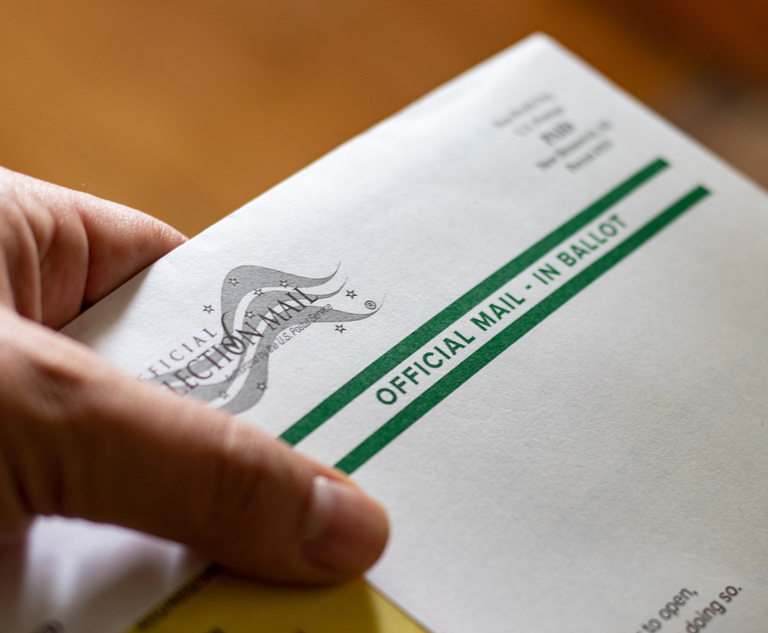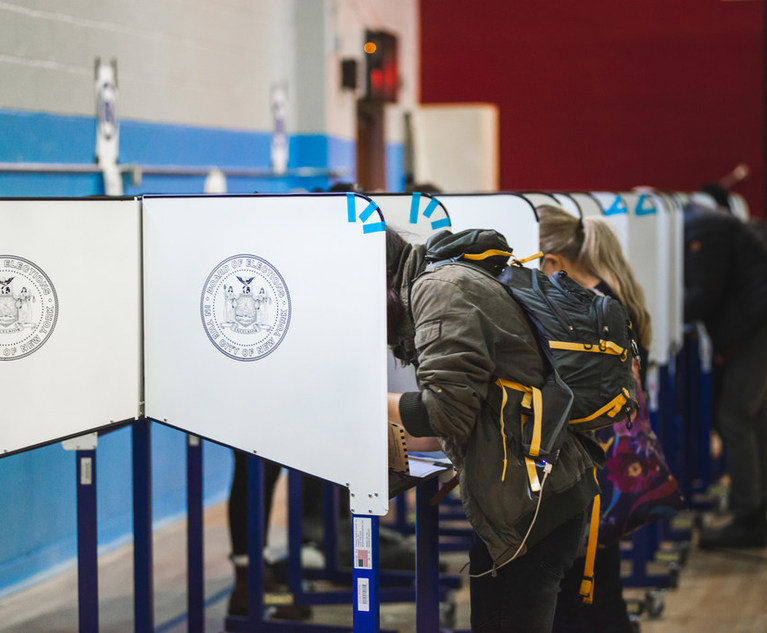A special prosecutor’s investigation has resulted in the indictment of persons close to the President of the United States. The special prosecutor has prepared a report based on the investigation, and a debate has sparked over whether Congress can obtain the full, unredacted version. These events may seem familiar, but not because they have occurred in full public view over the last several years—these events also took place in 1974 and led a House committee to vote on pursuing the impeachment of President Nixon. At that time, the House went to court in pursuit of the full report of Special Prosecutor Leon Jaworski, and a court found that the report—later termed the “roadmap” that helped shape the Nixon impeachment investigation—should be released to Congress. The court authorized release of the report even though it contained grand jury material otherwise protected from disclosure by Federal Rule of Criminal Procedure 6(e). Fed. R. Crim. P. 6(e)(2)(B) (“Unless these rules provide otherwise, the following persons must not disclose a matter occurring before the ground jury: … (vi) an attorney for the government …”).
The Watergate process bears some similarity to today’s events. However, thus far the biggest difference is that the report of Special Prosecutor Robert Mueller, today’s equivalent of the Nixon-era’s Jaworski Report, has not yet been released to Congress in unredacted form. And although the Jaworski Report was released to Congress after litigation, the Jaworski Report was not released to the public until October 2018, almost four and a half decades after it had been delivered to Congress (and after Project Democracy and Lawfare sued for its release). Heather Timmons, Why Congress has a right to the full Mueller report, Quartz (April 3, 2019).


 William F. Johnson
William F. Johnson




